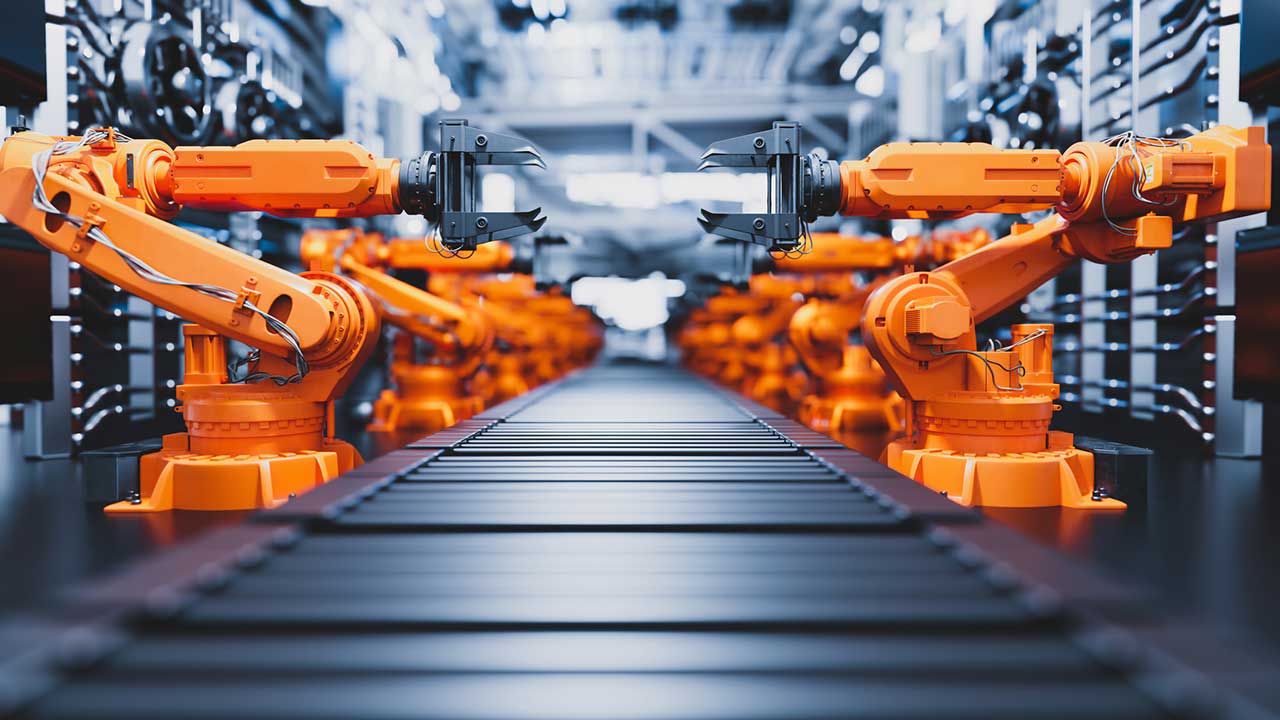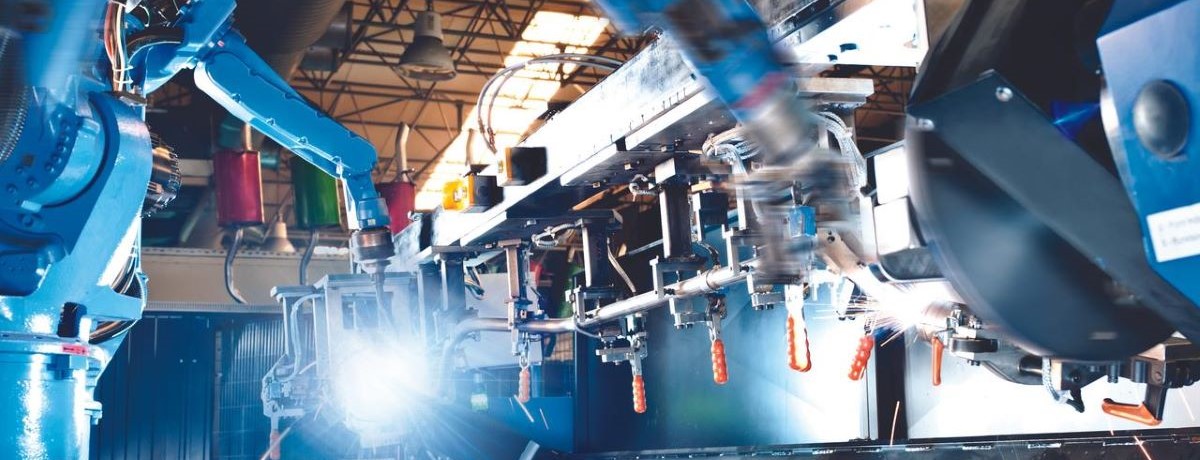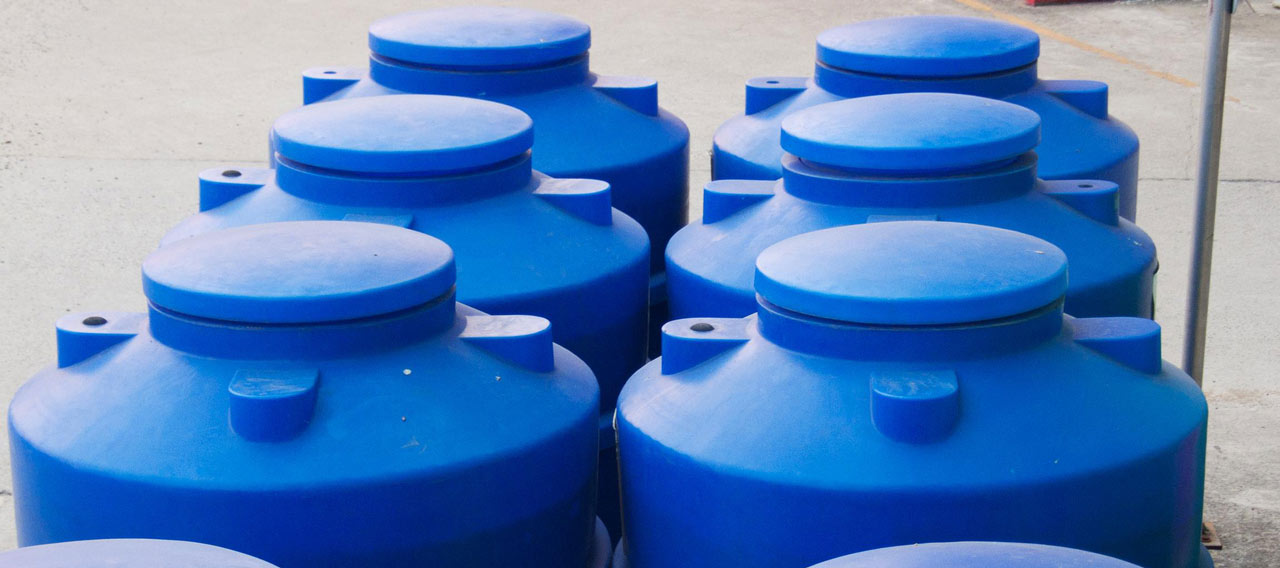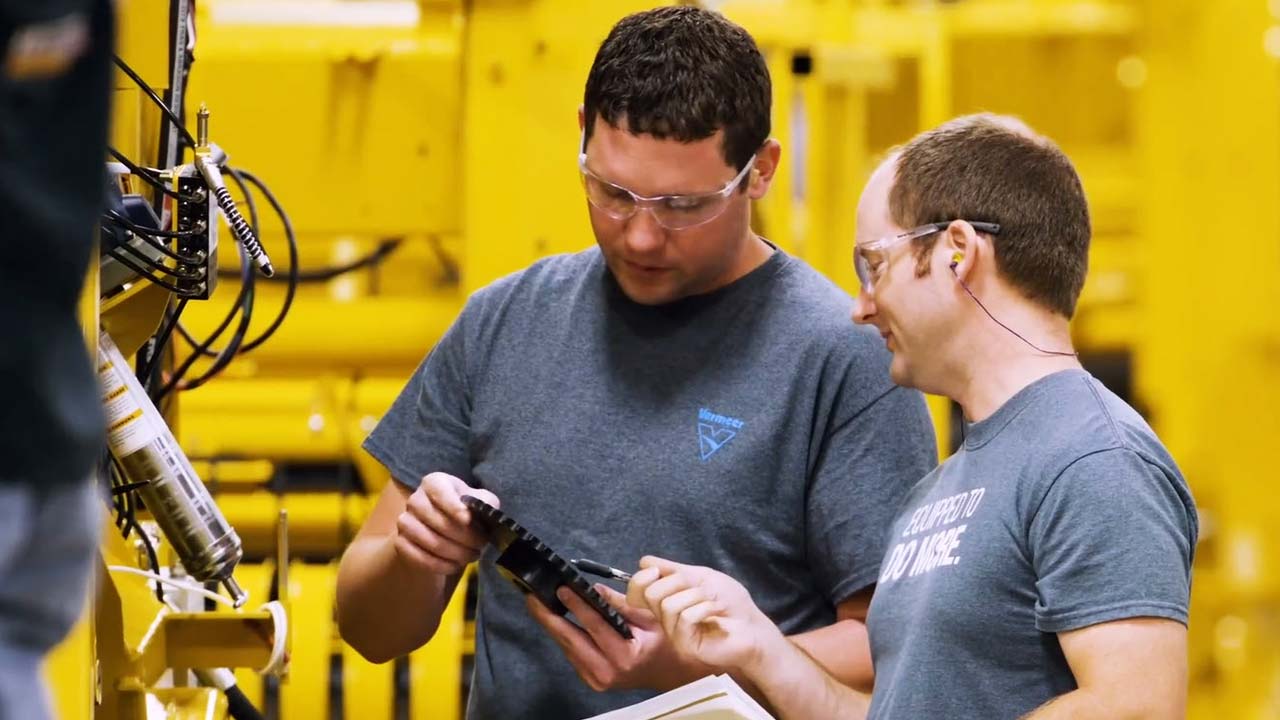Insurance for Manufacturers

Who we serve
- Machinery
- Fabricated metal
- Auto parts
- Federal government contractors
- Plastic products
- Instruments
- Aviation
- Food
- Clothing
- Chemicals
- Sustainability product developers
- Printers and publishers
Products & Services
From increased globalization and supply chain vulnerabilities to more frequent and severe cyber threats and natural catastrophes, protecting your manufacturing business is more complex than ever. At Chubb, we have expertise in a wide range of manufacturing areas, from technology and aviation to defense and medical devices.
Commercial package insurance
In addition to coverage for large, multinational companies, Chubb covers small and midsize businesses with three package policy options — Business Owners Policy (BOP), Benchmarq, and Customarq. Each combines property, business income, and general liability insurance, and can be tailored for your specific exposures.
-
Business owners policy (BOP)
Protect your small business with this customizable insurance package policy. It offers a combination of property, business income, crime, employment practices liability, cyber, and general liability coverages, as well as the ability to add supporting insurance solutions specifically tailored to your small business needs.
Learn More -
Benchmarq
Designed to be scalable for small to midsize businesses, Benchmarq is a flexible, customizable package including property, business income, and general liability insurance. Featuring enhanced base coverages that are broader than the industry standard, Benchmarq makes it easy to add protections as your business grows or risks evolve.
Learn More -
Customarq
Our proprietary package product offers midsize businesses property, business income, and general liability insurance with a wealth of options to suit your needs. Customarq’s modular approach provides unmatched flexibility to protect against global exposures and industry-specific perils, and to quickly respond to emerging and evolving risks.
Learn More

Chubb Risk Consulting
Whether you specialize in metalworking or manufacture integrated industries, there are likely advanced attributes associated with your business. Chubb has solutions to help.
Our in-house network of nearly 500 risk engineers around the globe will help your business anticipate and minimize costly exposures.
Our interactive state of the art facility for the next generation of risk management can help your business reduce the risk of loss.
The advantages of being Chubb insured
When a tornado hit the Vermeer manufacturing company in Iowa, Chubb quickly mobilized their specialists to address the devastating effects and return the company to full working order as quickly as possible, while assessing and repairing the damage.
FAQ
Advanced Manufacturing utilizes cutting-edge technologies and automation to improve efficiency, flexibility, and product quality, enabling customization and rapid adaptation to market demands. Traditional Manufacturing relies on conventional methods and manual labor with limited technology integration, resulting in standardized processes.
In our experience, top perils include fire, extreme weather, and water damage related to plumbing infrastructure. Our middle market survey continues to show that a third or more manufacturers are not fully prepared to respond to disruptions from these basic exposures, so prevention and planning are key. Our Chubb risk engineers work with clients to assess and mitigate exposures in a variety of ways, including business continuity planning for catastrophes such as extreme weather events, a scheduled inspection and maintenance program for fire protection equipment, and more.
Chubb has many differentiating advantages — including the ease of doing business with one underwriting contact, our years of expertise in the manufacturing sector, and our committed, holistic approach — tailoring products and services to your company’s unique needs.
Importantly, our clients find that Chubb is a truly global insurer, able to provide consistent coverage and services around the world, either for individual coverages, or for property, business income, and liability coverages within a package policy. For example, with our Customarq package’s global extension, Chubb can insure domestic and foreign exposures in one policy, including protection against differences in conditions/differences in limits contained in policies issued in a foreign country.
According to FEMA, about 25 percent of businesses do not reopen after a natural disaster, including flooding. How do you ensure your own company recovers quickly? Aside from the extent of damage, the most important factor determining recovery time is whether your company has a thorough business continuity plan. This is because well-prepared companies are better able to continue operations for the duration of their recovery with appropriate business income coverage.
Chubb’s risk engineering team offers expertise in developing and improving business continuity plans, which include contingencies such as having a backup temporary facility, activating alternate suppliers, or redirecting employees to other locations. Developed in close consultation with a business owner or key manager who has in-depth knowledge of the company’s needs, strategy, and operations, an effective continuity plan helps your business get up and running quickly after a disaster.
Resources
When a private equity (PE) firm needed insurance for a recently spun-off manufacturing company, they valued the recommendations of Chubb Risk Consulting to help alleviate major safety risks.
Manufacturing industry coverage
Take a look at some accounts we have written with our agents for ideas on your next success with Chubb
Discover emerging risks and evolving trends in the middle market by delving into our comprehensive reports—based on a survey of 1,000 middle market firms.
Discover how Chubb’s industry-specific approach and specialized risk engineering, underwriting, and claims expertise can help solve your clients’ unique challenges.
Discover how Chubb’s industry-specific approach and specialized risk engineering, underwriting, and claims expertise can help solve your clients’ unique challenges.
Discover how Chubb’s industry-specific approach and specialized risk engineering, underwriting, and claims expertise can help solve your clients’ unique challenges.
Take a look at some accounts we have written with our agents for ideas on your next success with Chubb
Explore Chubb’s Commercial Surety capabilities for manufacturing companies.
Insights and expertise















